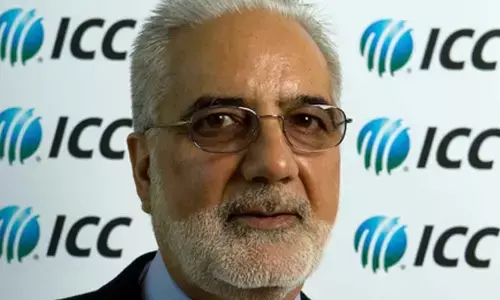Are company fixed deposits better than Non-Convertible Debentures?

FD is a traditional method of investment. It is also one of the most popular and trustworthy forms of investment. The return on investment in fixed deposits might not be as high as one would wish for, but the surety of funds and their safety within the banks makes FDs worth it for investors. However, the case with company FDs is a bit different. To start with, they are not as reliable as the fixed
FD is a traditional method of investment. It is also one of the most popular and trustworthy forms of investment. The return on investment in fixed deposits might not be as high as one would wish for, but the surety of funds and their safety within the banks makes FDs worth it for investors. However, the case with company FDs is a bit different. To start with, they are not as reliable as the fixed deposits that are offered by banks.
Non-Convertible Debentures (NCD) are bonds which cannot be converted into company stock or equity. NCDs usually have a higher rate of interest than convertible debentures. A non-convertible debenture can be secured or unsecured. Under secured NCDs, in order to fulfill the debt obligation, the NCDs are backed by the issuing company's assets. This is not the case with unsecured NCDs, which are not backed by any collateral or physical asset.
The primary benefit of a fixed deposit is the fixed return that is offered to the investor at the time of the FD's maturity. This is because the rate of interest on an FD is not affected by market conditions. For example, if you invest in an FD at 10% rate of interest and after two years the interest rate on fixed deposits falls down to 8%, your investment will not be affected, and you will still get returns at 10%. However, you cannot cash out a fixed deposit before the maturity period is over, without incurring penalty charges. On the other hand, NCDs offer more flexibility, and you can sell them as per your wish.
There are several differences between company fixed deposits and non-convertible debentures:
- Liquidity: Fixed deposits are a permanent form of investment. They don't offer flexibility. Fixed deposits can't be sold in the market, but they can be cashed out against the payment of minor penal charges. In contrast to fixed deposits, non-convertible debentures are listed on the stock exchange, thus, you can sell them anytime you wish.
- Safety: Surprisingly, fixed deposits offered by non-banking companies are unsecured. Even bank-issued FDs are secured only up to INR 1 lakh. By contrast, non-convertible debentures are more secure than company fixed deposits.
- Taxation: The taxation aspect between the two differs as well. Fixed deposits are fully taxable. Fixed deposits require you to pay Tax Deductible at Source (TDS), whereas non-convertible debentures are not charged with TDS. Apart from the income via interest, NCDs can be sold before maturity. Thus, you can earn capital gains from them.
- Interest rates: Non-Convertible Debentures have a higher interest rate risk as compared to fixed deposits, as NCDs are subject to changes in the market rate of interest.
The aforementioned aspects have outlined the difference between NCDs and FDs. As we have seen, NCDs and FDs both offer liquidity since both of them can be encashed anytime a person wishes to. However, FDs are highly taxable as compared to NCDs. However, the interest risk involved in NCDs is much higher than in FDs.
Overall, company FDs remain people's favourite form of investment, especially given the fact that the fixed deposit rates offered by non-banking financial companies are higher than rates offered by banks. Apart from this, company FDs offer flexible duration, however, the safety of the capital depends upon the reliability and financial health of the company. But these factors apply to non-convertible debentures too. Thus, it's pretty hard to decide which one is the better investment option. However, if we consider all the aspects of each product type, NCDs are better than company FDs in almost every area except one – the rate of interest.














